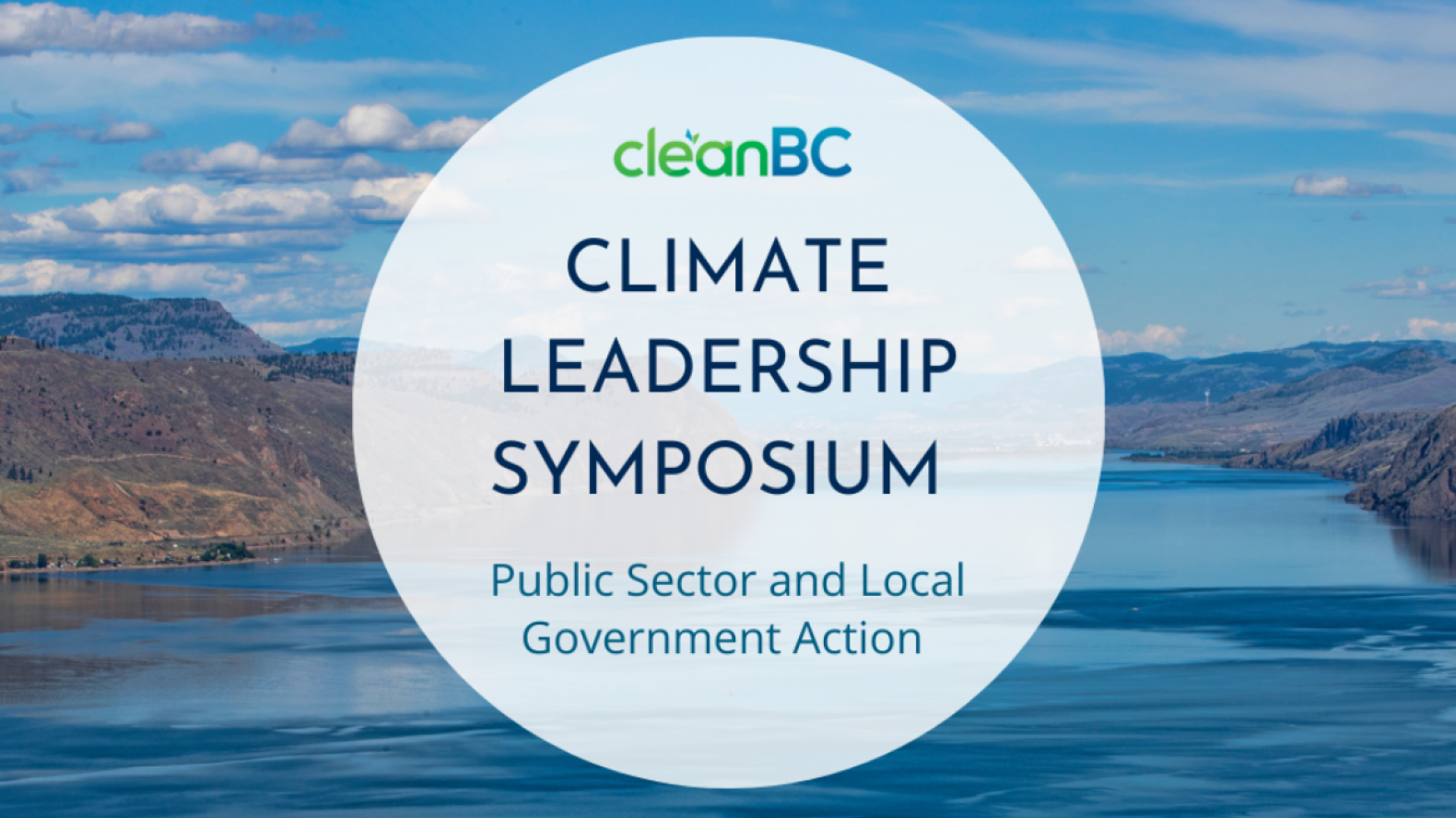
In October 2023, the University of British Columbia's Sustainability Hub was invited to hold a workshop at the annual CleanBC, "Climate Leadership Symposium: Public Sector and Local Government Action."
The Symposium was organised by the B.C. Government, Ministry of Environment and Climate Change Strategy, in partnership with the City of Kamloops and Thompson Rivers University to network, share ideas and learn about climate BC's public sector climate action activities from local governments and public sector organisations.
The Symposium workshop engaged local government and public sector staff from across British Columbia in discussion on the immediate and urgent challenges, which included limitations in emissions data for many building products, variation in the tools and databases that support carbon emissions estimates for buildings. Participants also identified the need for federal and provincial direction to incentivize reducing embodied emissions from materials and buildings, and the need for greater education and training on the topic across the manufacturing and construction industry. The results from the discussion are being used to inform other engagement and research activities.
The workshop was part of the project, "Pathways to Net Zero Embodied Carbon in Buildings: Barriers and Solutions to Effective Policies and Actions", which seeks to break down barriers and pilot innovative solutions to reduce the carbon emissions from buildings. As part of this project, UBC's Sustainability Hub is creating opportunities for regional collaborations, building on past research to address current policies and practical challenges of achieving net zero emissions from building materials and developing low carbon buildings.
The "Pathways" research project supports the mandate of Canada's Net-Zero Advisory Body to provide advice to achieve net-zero emissions by 2050. The project was undertaken with the financial support of the Government of Canada through the Environmental Damages Fund's Climate Action and Awareness Fund.